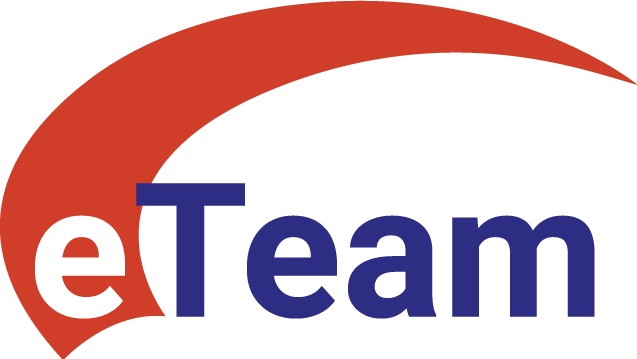- Certified Diversity and Security Cleared Organization | GDPR Compliant
Surefire Ways to Engage Line Managers in Contingent Staffing Programs
Last updated on August 20th, 2018 at 05:28 pm
Line managers play a central role in the success of contingent staffing programs. Without a constant flow of communication between staffing buyers, suppliers and hiring managers, interviews can drag on, feedback is hard to get and top contractors with in-demand skills can get lost in the shuffle.
In fact, research by Bersin by Deloitte found the most influential predictor of superior talent acquisition performance is a strong relationship between recruiters and hiring managers. Other studies reveal that when hiring managers are fully engaged, they act more quickly, make better hiring decisions and put out more offers with higher acceptance rates.
So if relationships with line managers are so important, how can they be maximized? What’s the key to garnering high levels of engagement in models where HR serves as the conduit for all communications as well as models where staffing recruiters are encouraged to have direct contact with hiring managers?
No matter which structure you use, here’s how HR leaders and their staffing partners can work together to increase line manager engagement in the contingent staffing process.
Provide the Right Information
Managing the flow of information, and anticipating a line manager’s needs early on in interactions, can encourage engagement by cutting down on back-and-forth emails and phone calls.
What information do they really need? For starters, hiring managers need specific, tailored data about a contractor’s experience with relevant software and tools to see why he or she is a good fit for an open position.
So instead of forcing managers to wade through lengthy resumes, staffing suppliers can shorten the communication chain by providing a summary that addresses the top three or four hiring criteria. The best profiles outline when and where a candidate last used a programming language or tool and how he used it. Let’s face it: Managers are more likely to engage and respond when you keep things simple.
Provide Continuous Updates
One of the most effective ways to create confidence and engagement is to practice proactive customer service. Instead of waiting until a manager reaches out or gets annoyed, staffing suppliers can help boost satisfaction by voluntarily furnishing status updates throughout the selection and onboarding process.
Knowing what line managers want, need and expect in terms of communication and service, and providing it without being asked, casts staffing buyers and their partners in a positive light and makes it much more likely that managers will respond quickly to their requests. And since HR is often responsible for managing the flow of staffing transactions, being in the loop allows you to provide status updates as necessary.
Actively Participate in “All Supplier” Calls
Are you greeted by the deafening sound of silence during calls between hiring managers and staffing suppliers for hard-to-fill requirements? We recommend a different approach. We believe that “all supplier” calls give us a chance to ask relevant questions, build relationships with hiring managers and establish ourselves as technical staffing authorities. Better still, participation creates a sense of community and studies show that it also encourages reciprocity.
Solicit Performance Feedback
Surveys also show that feedback is a key driver of engagement and that empowerment is integral to customer retention. Soliciting contingent worker performance feedback from supervisors – either directly or through HR – achieves both goals. Plus, it gives staffing firms the opportunity to coach their contingent workers or pass along accolades and praise, which improves productivity and reduces turnover.
Use Staffing Buyers as Coaches
What’s the key to creating engagement, especially in companies that allow direct communication between supervisors and staffing firms? Using staffing buyers as coaches.
In major enterprises with multiple hiring managers and locations, HR generally knows who to contact and the best way to engage a particular manager, whether a recruiter is asking for feedback after an interview or attempting to identify the must-have skills in a lengthy job requisition. Coaching ensures that staffing providers get the right message in front of the right audience at just the right time.
One thing is certain, given the growing reliance on staffing providers and flexible workers,
the need to get line managers engaged in your company’s contingent staffing program has never been more critical.


